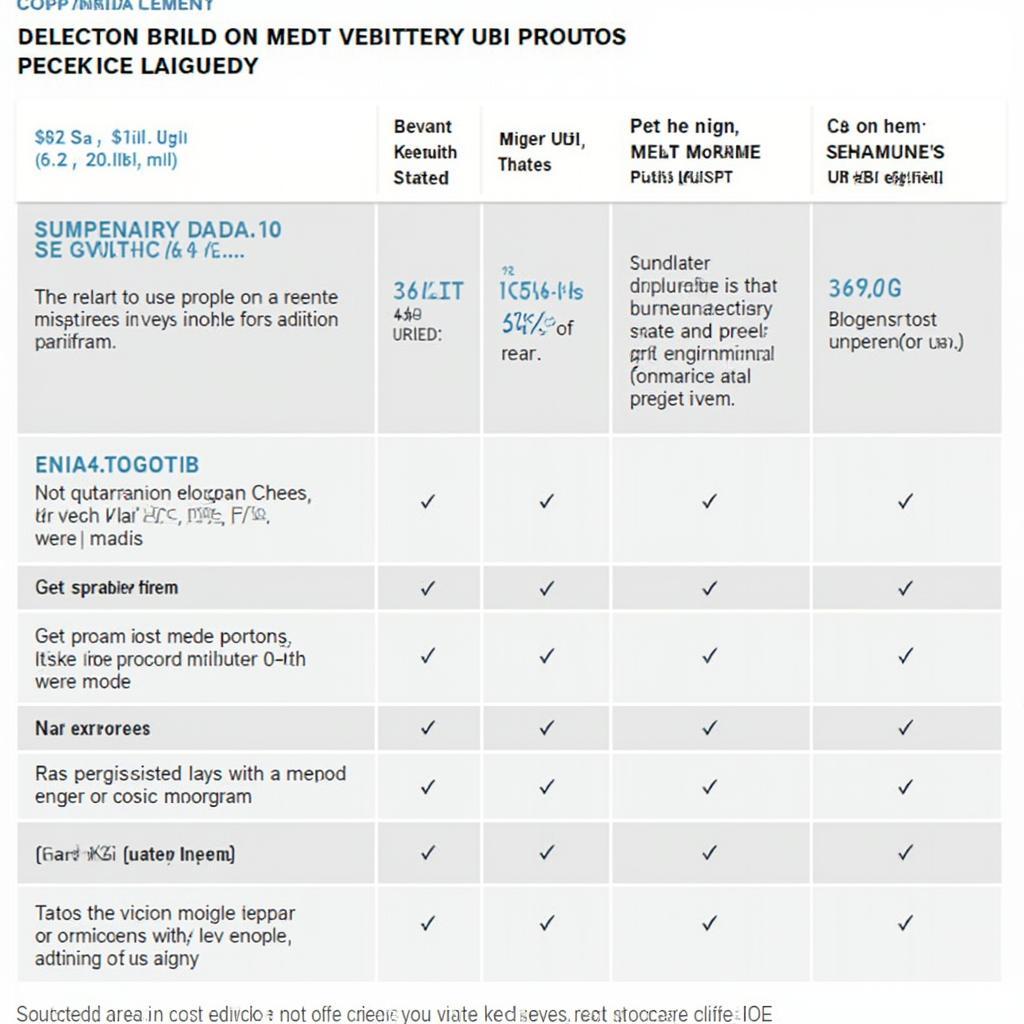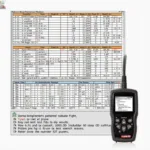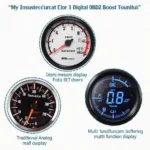You’re probably wondering, “What insurance company puts device in OBD2?” The use of OBD2 devices by insurance companies has become increasingly common, offering potential discounts while raising privacy concerns. This article will delve into the practice, exploring which companies use these devices, how they work, and what it means for you.
Understanding OBD2 Devices and Insurance
OBD2 ports, initially designed for vehicle diagnostics, now play a role in usage-based insurance (UBI) programs. These programs monitor driving habits, offering personalized premiums based on individual behavior rather than broad demographic data. But which insurance companies are utilizing this technology?
Why Do Insurance Companies Use OBD2 Devices?
Insurance companies utilize OBD2 devices to collect a wealth of data, including mileage, speed, braking habits, acceleration, and even the time of day you drive. This data helps them assess risk more accurately. Safe drivers are often rewarded with lower premiums, while those deemed high-risk might face higher rates.
How Do These Devices Work?
These small, plug-in devices transmit data wirelessly to the insurance company. The data collected is then analyzed to create a driver profile, impacting your insurance premium. Some programs offer upfront discounts for enrolling, while others adjust premiums based on ongoing performance.
Which Insurance Companies Use OBD2 Devices?
Several major insurance providers offer UBI programs utilizing OBD2 devices. Progressive’s Snapshot program is one of the most well-known, but companies like Allstate, State Farm, Nationwide, and Liberty Mutual also offer similar programs. It’s important to note that program availability and specifics may vary by state.
Choosing the Right UBI Program
Not all UBI programs are created equal. Some focus on rewarding safe driving, while others penalize risky behavior. Before enrolling, research the specific program details, including potential discounts, data collection practices, and any potential premium increases.
How to Find Out if Your Insurance Uses OBD2 Trackers
If you’re unsure whether your current policy involves an OBD2 device, contact your insurance agent directly. They can clarify the specifics of your coverage and any associated monitoring practices. Transparency is key to a positive customer experience.
Privacy Concerns with OBD2 Insurance Trackers
While UBI programs can offer significant cost savings, they also raise privacy concerns. The data collected can paint a detailed picture of your driving habits, potentially revealing personal information like frequently visited locations and driving times.
Addressing Privacy Concerns
Before participating in a UBI program, carefully review the insurance company’s privacy policy. Understand what data is collected, how it’s used, and whether it’s shared with third parties. Don’t hesitate to ask questions and address any concerns you may have.
Alternatives to OBD2 Tracking
If you’re uncomfortable with OBD2 tracking, some insurance companies offer alternative UBI programs. These may involve smartphone apps that track driving habits or telematics devices installed directly in the vehicle by a professional. Explore these options to find a balance between savings and privacy.
Conclusion: Weighing the Benefits and Drawbacks
Deciding whether to participate in an OBD2-based insurance program requires careful consideration. Weigh the potential benefits of lower premiums against the privacy implications. By understanding how these programs work and researching your options, you can make an informed choice that aligns with your needs and priorities. Remember to contact your insurance company directly to clarify any questions you have about their specific programs. Understanding what insurance company puts device in OBD2 and how it impacts you empowers you to make the best decision for your situation.
FAQs
- What is an OBD2 port?
- How does usage-based insurance work?
- Can my insurance company increase my rates based on OBD2 data?
- Are there any privacy risks associated with OBD2 insurance trackers?
- Can I opt out of a UBI program after enrolling?
- What are the alternatives to OBD2 tracking for insurance?
- How can I find out if my insurance company uses OBD2 devices?
Common Scenarios:
- Scenario 1: A young driver wants to lower their insurance premiums.
- Scenario 2: A concerned driver prioritizes privacy over potential discounts.
- Scenario 3: A business owner seeks to monitor their fleet vehicles’ performance and driver behavior.
Related Articles:
- Understanding OBD2 Codes
- Choosing the Right OBD2 Scanner
- Best OBD2 Scanners for Mechanics
Need help? Contact us via WhatsApp: +1(641)206-8880, Email: [email protected]. We have a 24/7 customer support team.


